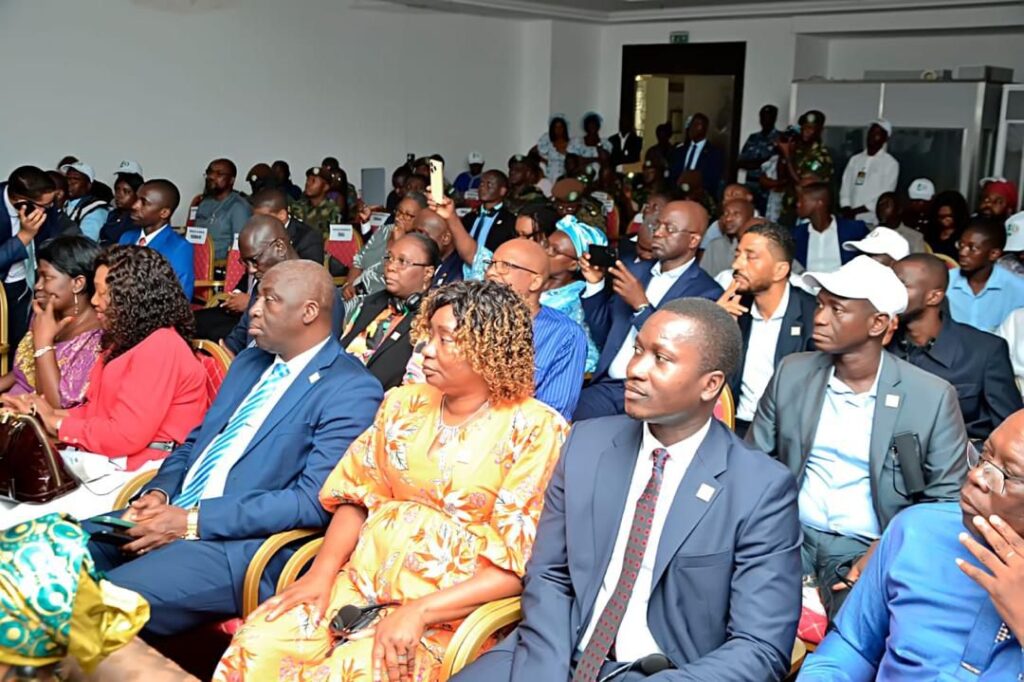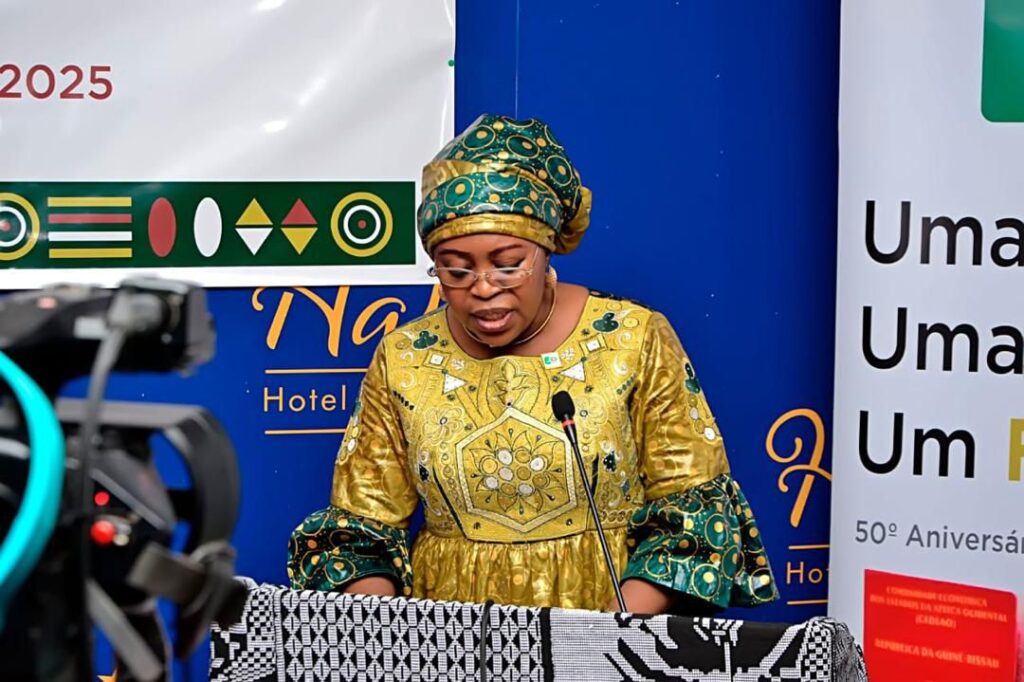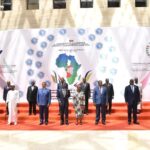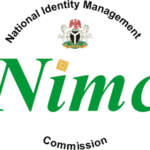ECOWAS@50:Guinea Bissau Leads with Legacy and Leadership in Historic Anniversary Launch.
By Raymond Enoch
In a defining moment for regional integration and diplomacy, Guinea Bissau took center stage as it officially launched a national series of activities marking the 50th Anniversary of the Economic Community of West African States (ECOWAS).
The ceremony, held in the capital city of Bissau, was a powerful demonstration of the country’s steadfast commitment to the principles of regional cooperation, peacebuilding, and sustainable development.
Jointly organized by the National Office of ECOWAS under the Ministry of Planning and Regional Integration and the Office of the ECOWAS Resident Representative in Guinea Bissau, the launch was more than ceremonial—it was a declaration of the country’s evolving and strategic role within the ECOWAS framework.
The event brought together high-level dignitaries, including representatives of the Prime Minister, the Minister of Foreign Affairs, several Cabinet Ministers, members of the Diplomatic Corps, ECOWAS Ambassadors, and envoys from regional and international organizations including the African Union, European Union, and the United Nations. Also present were members of the ECOWAS Stabilization Support Mission in Guinea Bissau, the media, and other distinguished stakeholders.
Often viewed through the lens of post-conflict recovery and political transition, Guinea Bissau is emerging as a vital contributor to the ECOWAS mission—not merely as a beneficiary of regional support, but as an active architect of a common West African destiny.
The nation’s hosting of the ECOWAS@50 activities signals its strengthened political stability and growing diplomatic relevance. Guinea Bissau has over the years been a critical beneficiary of ECOWAS peacekeeping and stabilization efforts. Today, its transformation into a proactive and engaged member state highlights the dividends of regional solidarity.
Addressing the gathering, the Resident Representative of ECOWAS in Guinea Bissau emphasized the importance of resilience, reform, and regional cooperation. “Guinea Bissau stands as a symbol of what ECOWAS can achieve through solidarity and sustained support. The country’s journey is a testament to the community’s commitment to political dialogue, institutional strengthening, and inclusive development,” he noted.

Government officials in their statements reiterated the nation’s gratitude to ECOWAS for its enduring support over the decades, especially during periods of instability. Yet, the tone was not one of dependency—but one of growing influence. Several speakers pointed to Guinea Bissau’s current reforms in governance, trade facilitation, and regional cooperation as examples of how smaller states can play outsized roles in shaping ECOWAS’ future.
A Symbolic Act of Unity
Perhaps the most striking highlight of the event was a symbolic reenactment of the signing of the ECOWAS Treaty—originally signed in Lagos, Nigeria, on May 28, 1975. In a deeply symbolic gesture, ECOWAS Ambassadors in Guinea Bissau and representatives from member states not accredited to the country gathered to simulate the signing ceremony, evoking the foundational spirit of cooperation that gave birth to the community.

The reenactment was not merely performative. It was a diplomatic statement that unity, mutual respect, and shared aspirations remain the bedrock of ECOWAS. For Guinea Bissau, this symbolism struck a particularly poignant chord—it reflects the nation’s evolution from a country once on the margins to one that now actively stewards regional dialogue.
The golden jubilee of ECOWAS presents a unique opportunity for all member states to reflect, recalibrate, and recommit to the vision of an integrated, peaceful, and economically empowered West Africa. For Guinea Bissau, this commemoration comes at a time when the nation is increasingly seen as a bridge between francophone and lusophone blocs, and between historical fragility and emerging stability.
In the coming months, Guinea Bissau will continue to host events and dialogues centered on regional economic growth, youth empowerment, free movement, and conflict resolution—areas where the country seeks to make stronger contributions within the ECOWAS structure.
As ECOWAS turns 50, Guinea Bissau is not only participating in its celebration—it is shaping its legacy. With renewed diplomatic vigor and a clear sense of purpose, the nation is signaling to the region and the world that it stands ready to lead, not just follow.









